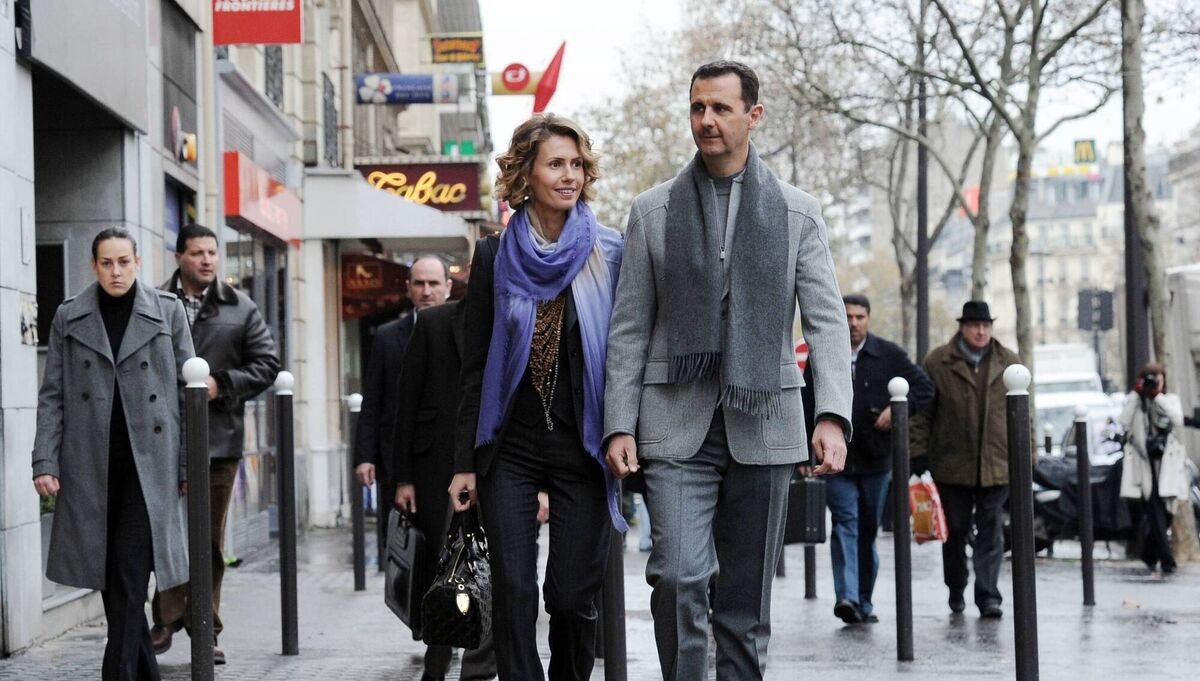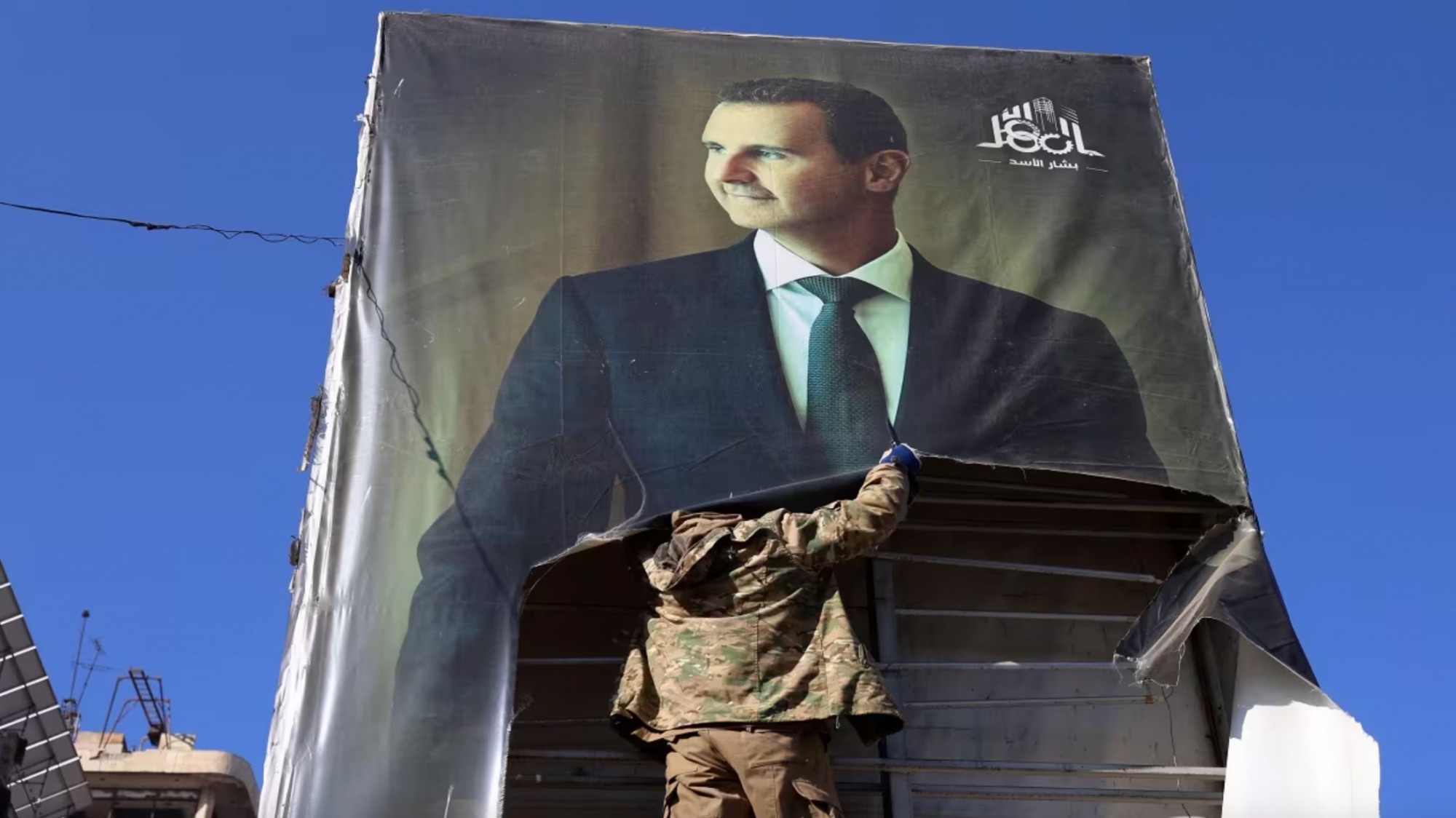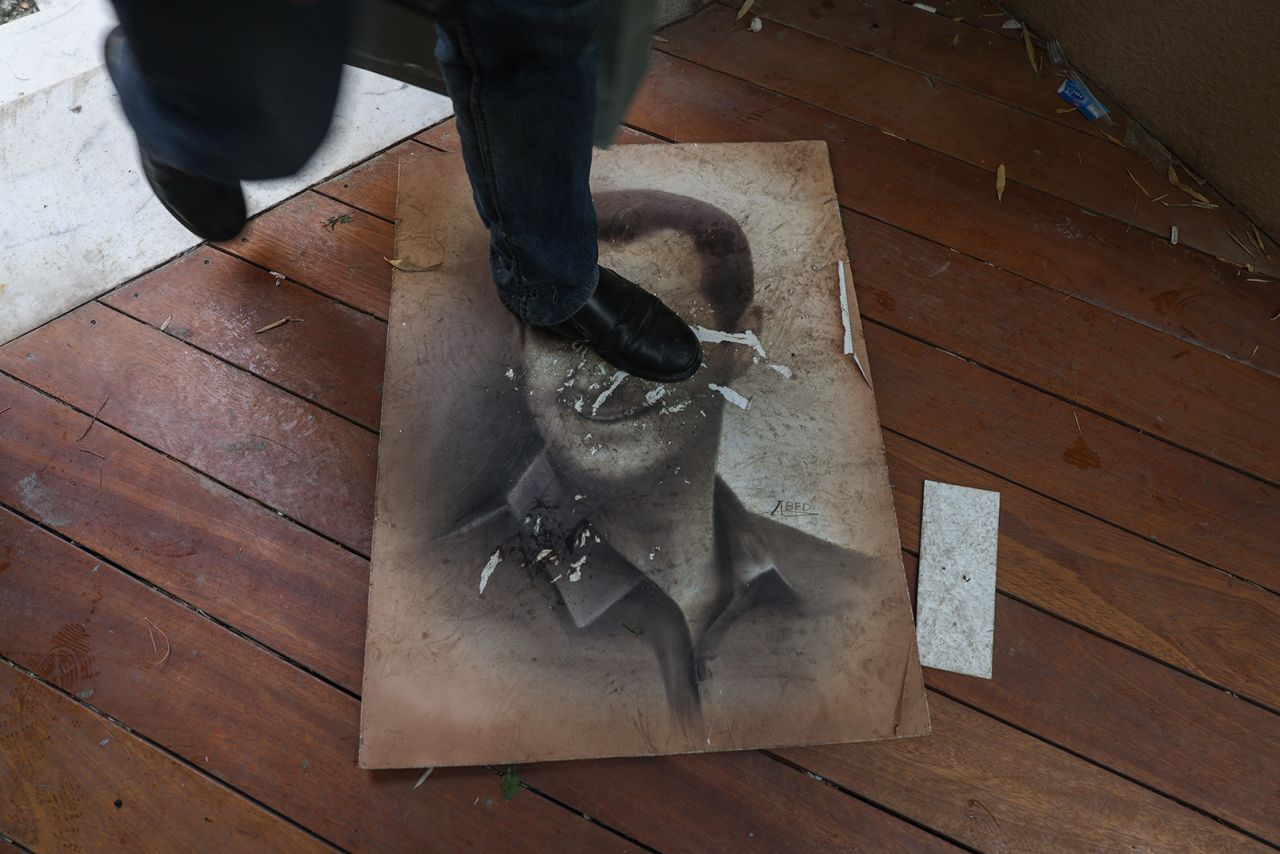MOSCOW, Russia – The personal and political fallout from the collapse of Bashar al-Assad’s regime has taken a poignant turn, as reports emerge that Asma al-Assad, wife of the deposed Syrian leader, is critically ill in Moscow.
The 49-year-old is said to be battling acute myeloid leukaemia, with her chances of survival described as “50/50” by sources close to her family.
The Daily Telegraph reported Thursday, December 26, 2024, that Asma al-Assad’s condition has worsened significantly in recent weeks.

Isolated from her family to minimise infection risk, she is receiving treatment in Moscow, where the Assad family has been granted asylum by Russian President Vladimir Putin.
A source quoted in the report stated: “Asma is dying. She can’t be in the same room with anyone.”
Another source familiar with the family’s situation in Moscow added: “When leukaemia comes back, it’s vicious. She has been 50/50 in the last few weeks.”
The diagnosis follows her earlier battles with breast cancer, publicly acknowledged in 2019, and the announcement of leukaemia in May 2024.
Her father, Dr Fawaz Akhras, a London-based Syrian-British doctor, told The Daily Beast earlier this week that his daughter is receiving the best care possible but refrained from commenting on her prognosis.
Asylum in Moscow and Regime Fallout
The al-Assads sought refuge in Moscow following the collapse of Bashar al-Assad’s regime, which ended decades of authoritarian rule.
The family’s properties in Syria have been ransacked by rebels, a stark symbol of the regime’s downfall after years of brutal civil war and the loss of international backing.

The regime had clung to power for more than a decade with the military and financial support of Russia and Iran, surviving the Syrian conflict’s devastation and the rise and fall of ISIS.
However, the al-Assad government’s collapse represents a strategic setback for Russia, which had invested heavily in maintaining a foothold in Syria through naval and air bases.

Divided Loyalties and Geopolitical Shifts
Reports of tension within the Assad family and between the al-Assads and their Russian hosts add complexity to an already volatile situation.
Claims in Turkish media earlier this year suggested that Asma al-Assad had sought a divorce, possibly to facilitate a return to her native Britain.
While her father denied these allegations, such a move would stir significant controversy.
The Assad family’s exile has also raised questions about Russia’s long-term plans in Syria.
Putin’s backing of the Assad regime had been a cornerstone of Russia’s Middle Eastern policy, providing strategic military advantages and a platform for power projection.
The regime’s fall complicates Moscow’s ambitions and casts uncertainty over its role in the region.

Human Cost of Conflict
As Bashar al-Assad’s family faces its internal struggles, the broader human toll of Syria’s civil war looms large.
The conflict has claimed an estimated 620,000 lives and displaced millions, with 5.5 million Syrians seeking refuge abroad.
Talks between the Biden administration and Syrian rebel leaders indicate renewed international engagement in shaping the country’s future.
For many, Asma al-Assad symbolised the regime’s contradictions.
Once celebrated as a modernising force and even dubbed the “Rose in the Desert” by Vogue, her role became inextricably linked to a government accused of war crimes and human rights abuses.
As her health battle unfolds in Moscow, it underscores the personal and political tragedies left in the wake of Syria’s decades-long conflict.







